# Academics
Shrewsbury Christian Academy seeks to provide learning experiences that help develop students with a biblical worldview to become servant leaders and disciples of Christ Jesus. By examining God’s Word across the curriculum, students learn that they are created in His image, and they can know God as revealed in Christ, who was made present through the Holy Spirit (Luke 1:35). Our commitment to academic excellence challenges us to incorporate these spiritual goals into the traditional disciplines of education.
Shrewsbury Christian Academy implements a wide variety of curriculum in order to accomplish outlined educational learning objectives. Teachers utilize outside resources to enhance the curriculum. Students are engaged in the learning process and invited to be active participants. All grades begin with pledges to God, the Bible, and the United States of America. In each grade we explore the Bible through lessons from Genesis to Revelation at various grade levels.
We offer weekly enrichment classes to all students in kindergarten through grade eight. These classes include instruction in art, music, physical education and computer technology. Students are introduced to classical artists and modern painters through the world of art in weekly classes. Music is another area of the fine arts. Students develop an awareness of classical composers and enjoy American folk songs as well. There is one gym class per week for all grades. Third through eighth grade students take Spanish class. All grades visit the SCA library regularly and participate in chapel services throughout the school year.
# Pre-School (3 and 4 Year Old)
TIP
To learn more out SCA's pre-school program, please click here.
# Early Childhood (K – 2nd Grade)
# Bible
Students receive direct Bible instruction, even though biblical principles are integrated throughout the day. Students study God’s Word, memorize Scripture and learn to apply God’s instruction to their own lives. Teachers use the Positive Action for Christ curriculum as a framework.
# Language Arts
SCA combines a strong phonics program with elements of whole language while using strategies that are rich in a variety of literature and creative writing experiences which we believe to be the best approach to teaching reading.
Invented spelling is encouraged in kindergarten where students apply their knowledge of phonics. Kindergartners also use sight word lists, charts and graphic organizers to help them spell words. Formal spelling instruction begins in first grade. Children learn spelling rules, develop good study habits and practice dictionary skills.
Students are introduced to grammar skills beginning in the first grade. Grammar rules are taught and reinforced during daily grammar instruction and applied during creative writing experiences.
# Handwriting/Penmanship
Through the use of developmentally appropriate activities, children in kindergarten establish hand dominance and practice writing letters and numerals in proper formation. First and second graders continue to practice manuscript within a curriculum that reinforces phonics rules and Scripture. Second grade students begin learning cursive in late fall and progress to cursive independence by the end of the school year.
# Math
The use of manipulatives, math games, and a variety of math reproducibles are used to lay a strong foundation of mathematical concepts in Kindergarten. Beginning in first grade, math concepts are taught through the Saxon math curriculum. The use of manipulatives, the application of reasoning skills, and problem solving strategies help reflect God’s order and unchanging attributes.
# Social Studies
The kindergarten social studies curriculum helps students develop a strong awareness and understanding of the world around them through the exploration of themed units. In first grade, the social studies curriculum expands the students’ understanding of people, geography, community and citizenship. Second graders continue to study geography and communities and are introduced to American history with an emphasis on the establishment of our nation, famous leaders of the past, and government.
# Science
Based on the biblical truth that God has created all living things, kindergarten children learn through observation and investigation the intricate details of His creation. First and second graders continue to use their senses to make careful observations, ask questions, form hypotheses, and test them through experimentation. Areas of life science, physical science, earth and space science, and health and safety are introduced.
# Technology Program
The goal of Shrewsbury Christian Academy’s technology program is to equip students with the computer skills that they will need to be successful in high school, college and future careers. The program is integrated with what the students are learning in the classroom. Students work on one project per marking period, and each project is based in one of the four primary Microsoft office programs. Kindergarten through second grade begins with basic skills such as:
locating and opening a file
saving a file
inserting, moving and resizing clip art
changing font style, size and color
# Elementary (3rd – 5th Grade)
# Bible
Students in the elementary grades receive direct Bible instruction daily. Third through fifth grades use the Positive Action for Christ curriculum.
Third grade studies the Old Testament stories of Abraham, Jacob, Joseph and Daniel. By studying these great heroes of faith, children grow in their own daily walk with God.
The fourth grade focus is on the life of Jesus Christ, the work of the Holy Spirit and a study of Paul and his missionary journeys. Students gain a deeper understanding of obedience to God.
The fifth grade curriculum is a survey of the Old Testament. Children learn that just as God desired His people to possess the land of Canaan, so He desires His children to live a life of promise and victory.
# Language Arts
Through the use of the five stages of the writing process, students are encouraged to express their thoughts clearly to their intended audience. Students write for different purposes as they demonstrate the proper use of grammar use and word usage. Other elements of grammar are practiced and reviewed daily.
Elementary students receive formal spelling instruction five days a week. The spelling program helps students increase their spelling capacity, in addition to building vocabulary and study skills. Book reports are written quarterly.
# Handwriting/Penmanship
Third grade continues practicing cursive and progresses to mastery throughout the school year.
# Math
We use ACSI’s Purposeful Design Math curriculum in the third and fourth grades. The fifth grade class uses the Saxon curriculum. Grade level computation skills are reviewed and drilled, problem solving skills are addressed at every level, and a grade appropriate understanding of algebraic concepts, geometry, and measurement are developed. Children recognize that our God is a God of order and consistency through the orderliness of math.
# Social Studies
God created us as social beings to commune with Him and with one another. The third grade Social Studies curriculum defines community in relation to geography, government and economics. In fourth grade, students study the geography and history of the four major regions of the United States. Since students enrolled at SCA live in Pennsylvania and Maryland, students complete a report for their respective state. While they engage in the study of American History, fifth graders gain awareness and appreciation of God’s providence as He has guided our leaders and blessed our nation.
# Science
Elementary students continue to investigate the wonders of God’s creation through hands-on learning opportunities. Students use the scientific method and apply critical thinking skills as they explore concepts in life science, physical science, and earth and space science.
# Technology Program
The goal of Shrewsbury Christian Academy’s technology program is to equip students with the computer skills that they will need to be successful in high school, college and future careers. The program is integrated with what the students are learning in the classroom. Students work on one project per marking period, and each project is based in one of the four primary Microsoft office programs. The program builds as the students advance in grade. While students continue to practice and reinforce the skills learned in previous years, third through fifth grades begin to learn more advanced skills such as:
changing page orientation and margins
text wrapping graphics
research skills
adding borders
# Middle School (6th – 8th Grade)
# Bible
Sixth grade students take an in depth look at the 400 year "period of judges". The lessons learned through Daring Deliverers are current and applicable to events of today and remind students that God is in control and nothing takes Him by surprise.
A worldview is an overall perspective from which one sees and interprets the world. At Shrewsbury Christian Academy, we teach from a Biblical worldview striving to equip our students to be confident and grounded in the Christian faith. This focus is especially important in the middle school grades. The 7th grade Bible curriculum To the Ends of the Earth is designed to teach principles for Christian living from the primitive church as recorded in the books of Acts, and the 8th grade Bible curriculum Lightbearers is designed to help students clearly understand the tenets of the Christian worldview and how they compare to the tenets of the leading postmodern worldviews of our day. Students will learn how to apply their Christian faith to every area of life: theology, philosophy, ethics, biology, sociology, law, politics, economics and history.
# Literature
The middle school literature curriculum enables students to reflect upon ideas, events, people, culture, and history in light of God’s Word and purposes for the world. Vocabulary word lists are elicited from the literature selections that help students understand appropriate and orderly uses of and an appreciation of language. Below are some sample novels read in middle school.
# Middle School Novels
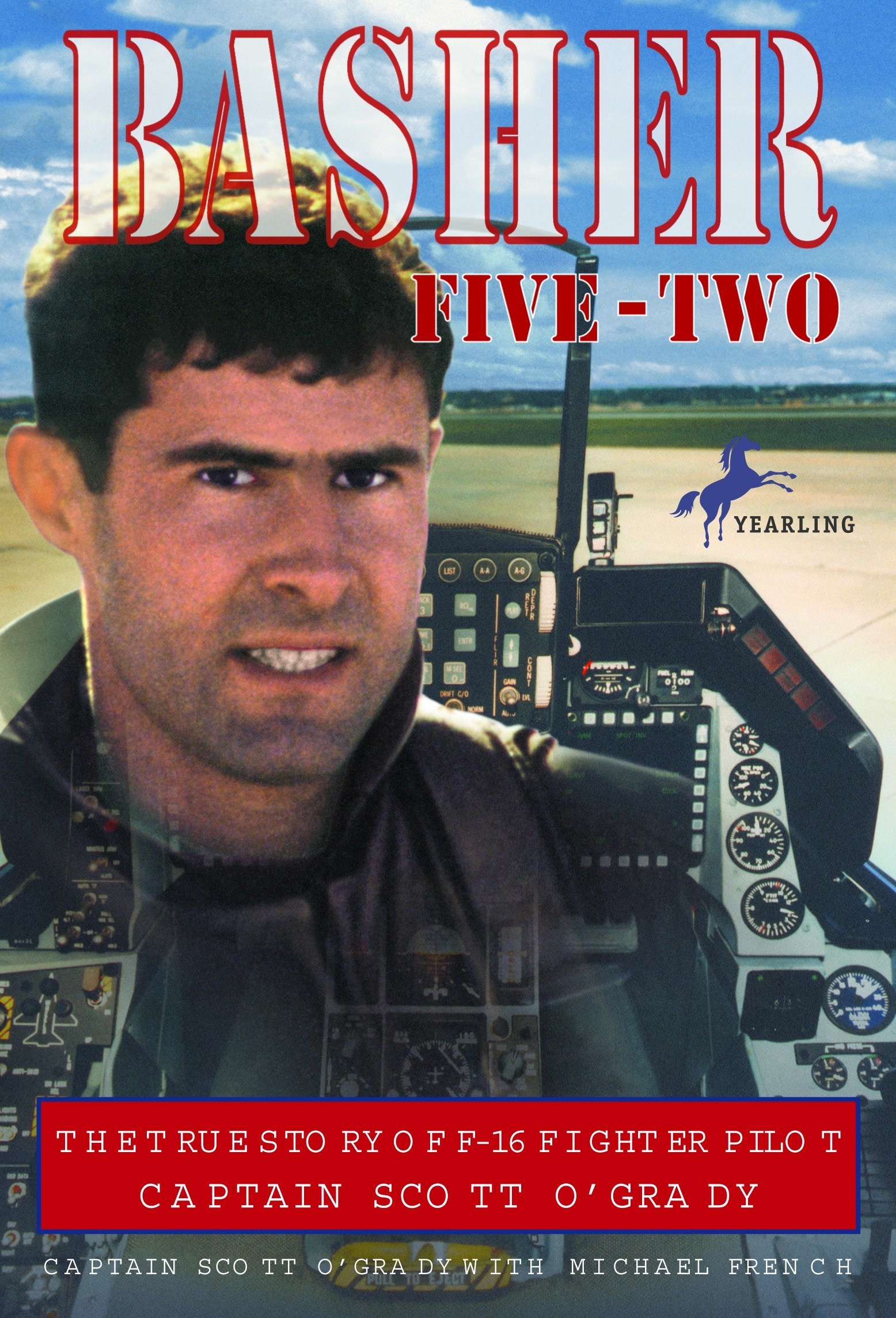
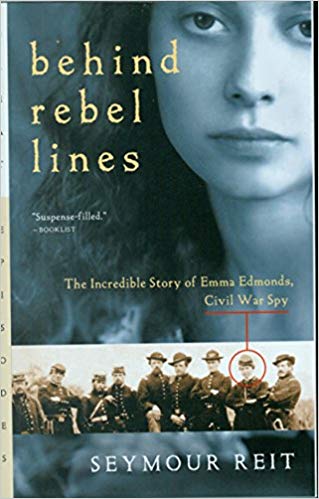
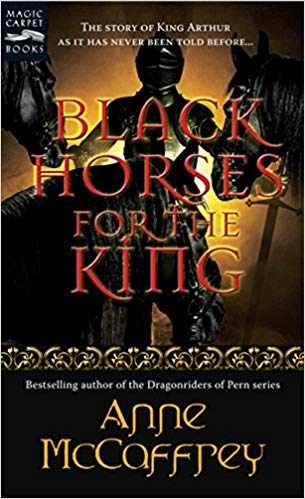
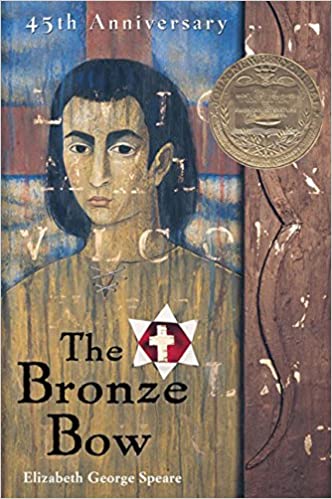

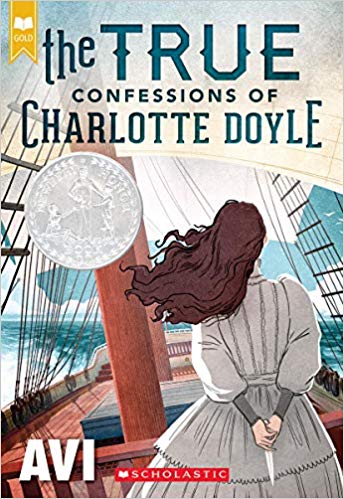
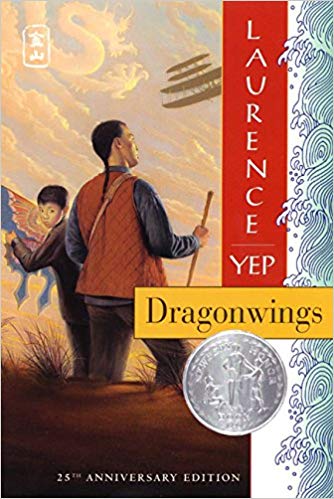


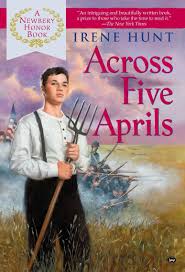


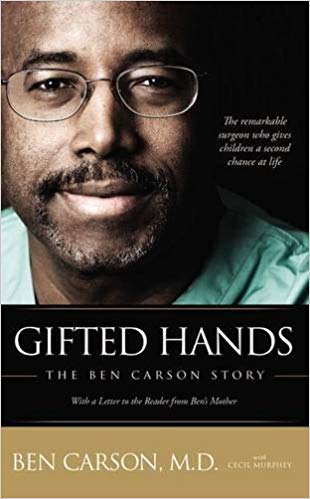
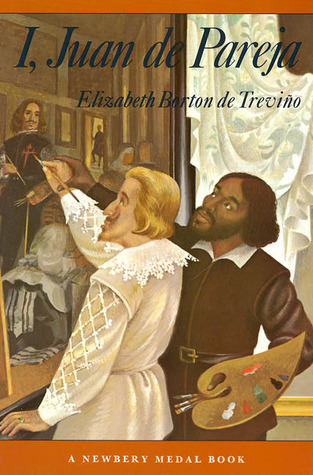
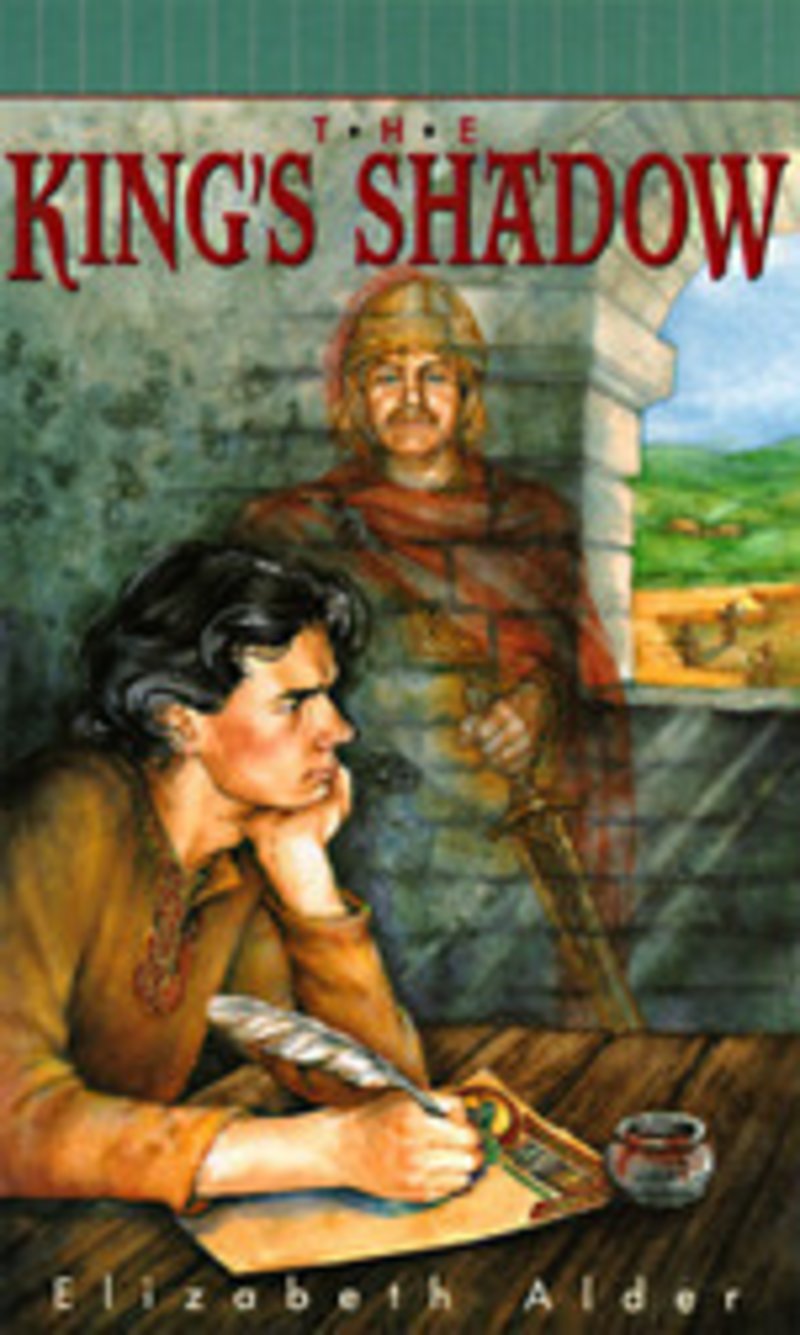



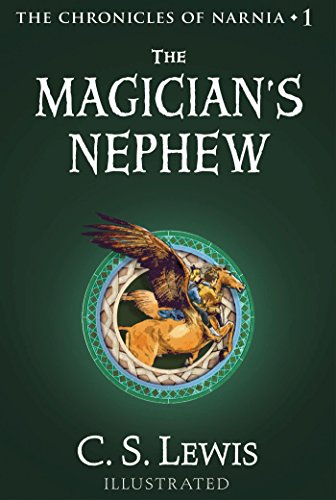


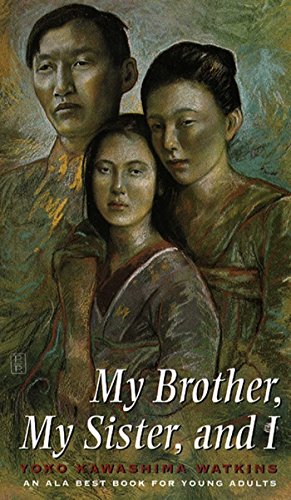
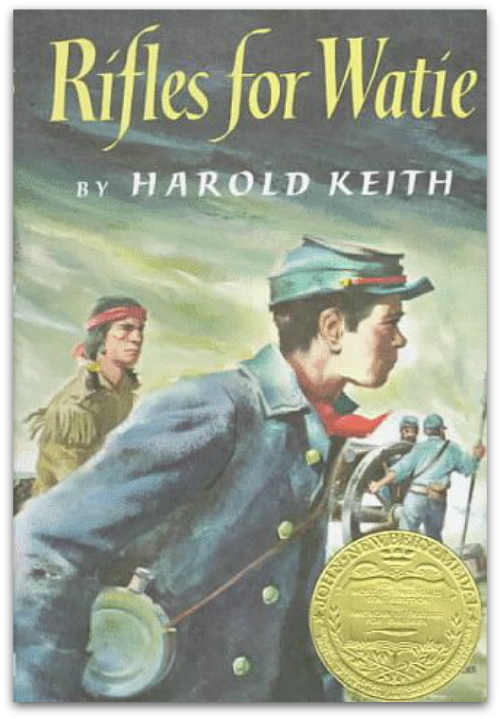
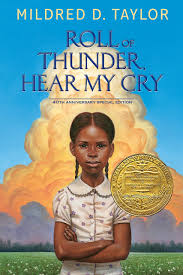

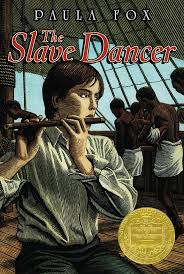
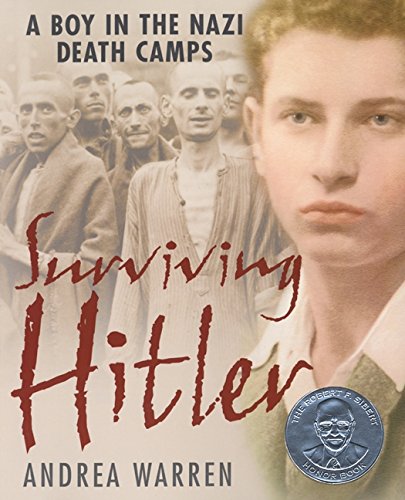
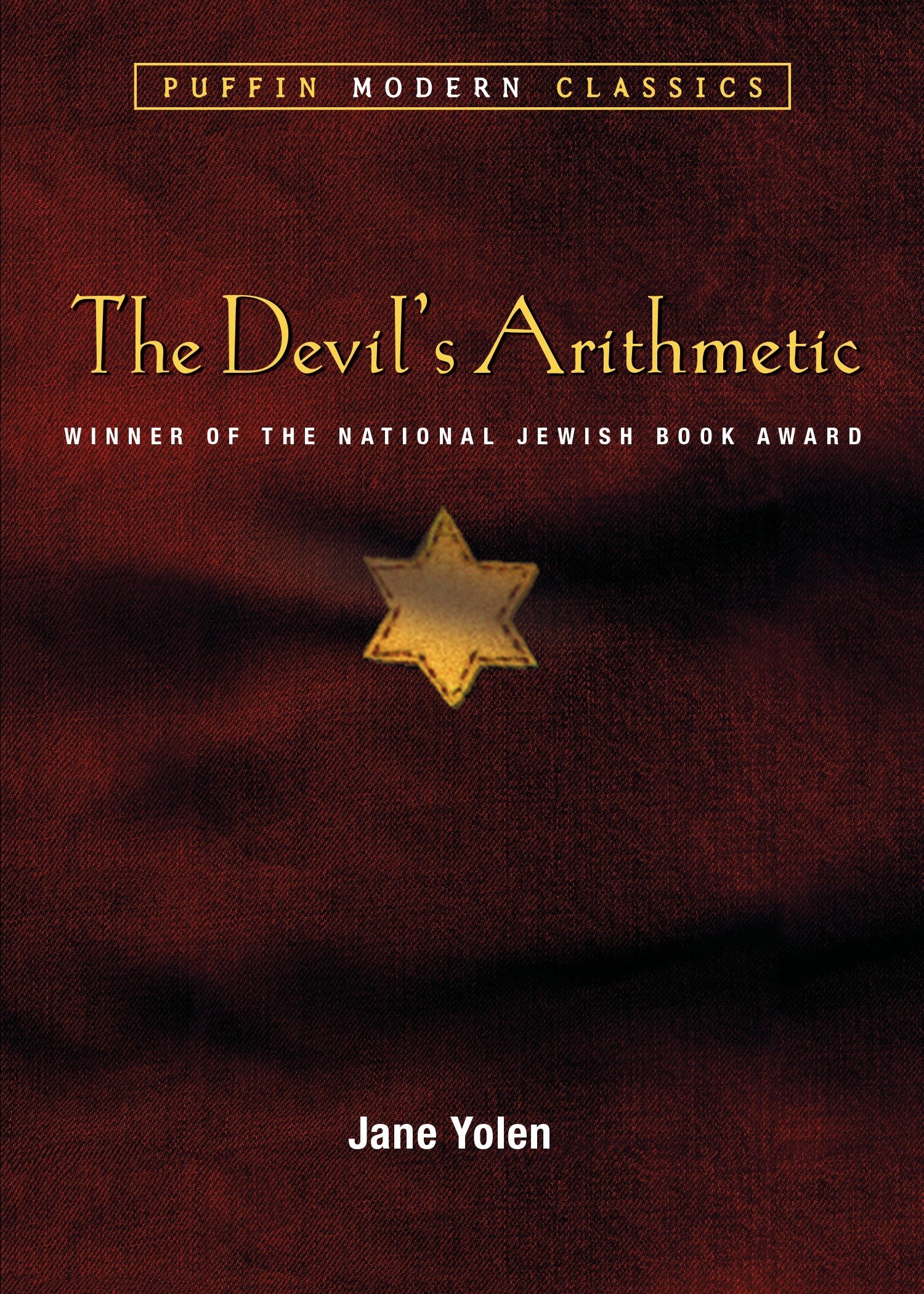
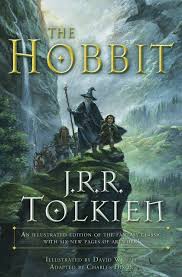
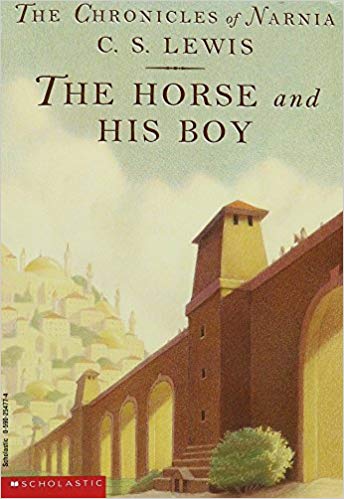
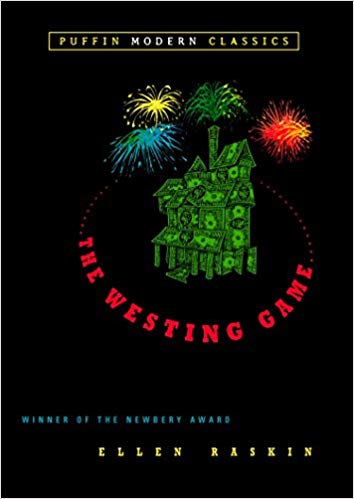
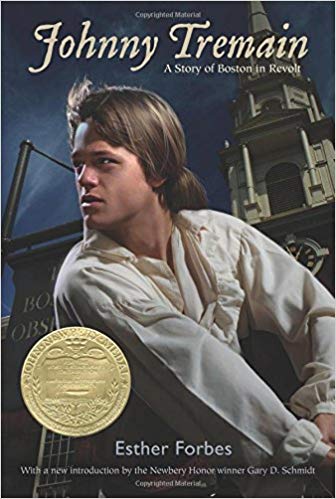
TIP
Please note: The middle school novels are subject to change at the discretion of the teacher.
# English
The middle school English curriculum is designed to enable students to properly use grammatical structure and rules in application to write creatively. Children produce fiction, poetry, non-fiction and informational writing. Quarterly book reports are assigned to all middle school students.
Students are encouraged to express their thoughts clearly to their intended audience. Students write for different purposes as they demonstrate the proper use of grammar and word usage. Other elements of grammar are practiced and reviewed daily.
Middle school students receive formal spelling instruction. The spelling program helps students increase their spelling capacity, in addition to building vocabulary and study skills.
# Math
Saxon Math 87 is the first of three levels in middle school math. Sixth grade students learn the skills and concepts required to be successful in higher level mathematics. The purpose of the seventh grade math curriculum is to provide a transition from the concrete concepts of sixth grade to the abstract concepts of eighth grade Algebra 1. The Saxon Algebra 1/2 is designed to ease this process. The Saxon Algebra 1 program exposes eighth grade students to the concepts of secondary school mathematics.
Each year, the middle school girls attend the Pathways to your Future: Exploring STEM Careers held at Penn State York campus. The purpose of this conference is to encourage young women to pursue careers in scientific, technological, engineering, and mathematical fields.
# Science
The middle school science curriculum examines the unifying principles of life science, earth science and physical science in relation to a Christian biblical worldview. The principles, theories, and laws that have been verified by the scientific community and are used to explain and predict natural phenomena and events are investigated with a hands-on approach. Students discover the order and reality of God’s creation through five units of study after completing an introductory unit titled, Studying Science with a Christian Worldview.
Sixth Grade Units: Earth’s Surface, Matter and Energy, Waves, Sound and Light, Ecology, and Space Science
Spring Science Fair Theme – Model Project
Seventh Grade Units: Earth’s Atmosphere, Human Biology, Diversity of Living Things, Motion and Forces, and Electricity and Magnetism
Spring Science Fair Theme – Invention Convention
Eighth Grade Units: The Changing Earth, Life Over Time, Earth’s Waters, Chemical Interactions, and Cells and Heredity
Spring Science Fair Theme – The Scientific Process
In the spring, we send a team of middle school students to compete in the York County Envirothon. We study and learn many valuable lessons about being good stewards of God’s earth through the exploration of wildlife, aquatics, forestry, and conservation.
# History
The sixth grade history course is a study of World History focusing on Ancient Civilizations. The program is designed to enable students to grasp the origin of man from a biblical perspective, the growth of civilizations, and the story of God’s redemption through the ages.
The seventh grade history course continues the study of World History with a focus on Medieval and Early Modern Times. This course is designed to enable students to comprehend the foundational and biblical underpinnings of western history. By studying the lives of important people, ideas, events, geography and culture, students will demonstrate an understanding of God’s activity in the human story. Students will observe and experience how historical events connect to one another, and how they impact their present-day lives.
The eighth grade history course is an in-depth study of American History with a concentration on the major themes of democratic ideals, citizenship, the impact of an individual upon history, the diverse cultural mix of America, the significance of immigration, American expansion, America’s role on the world stage, scientific and technological advances, and economics. Students will be able to discuss America’s story in relation to God’s overall story for mankind.
Seventh and eighth grade class complete a geography course in which students generate maps and study the natural features of the earth, the climates, products, and inhabitants of famous geographical locations.
# Technology Program
The goal of Shrewsbury Christian Academy’s technology program is to equip students with the computer skills that they will need to be successful in high school, college, and future careers. The program is integrated with what the students are learning in the classroom. Students work on one project per marking period, and each project is based in one of the four primary Microsoft office programs. The program continues to build as the students advance to middle school. While students continue to practice and reinforce the skills learned in previous years, sixth through eighth grades continue to practice previously learned skills and build even more advanced knowledge of Microsoft Office programs. They learn things such as:
creating headers and footers
inserting image credits or citations
creating a bibliography
